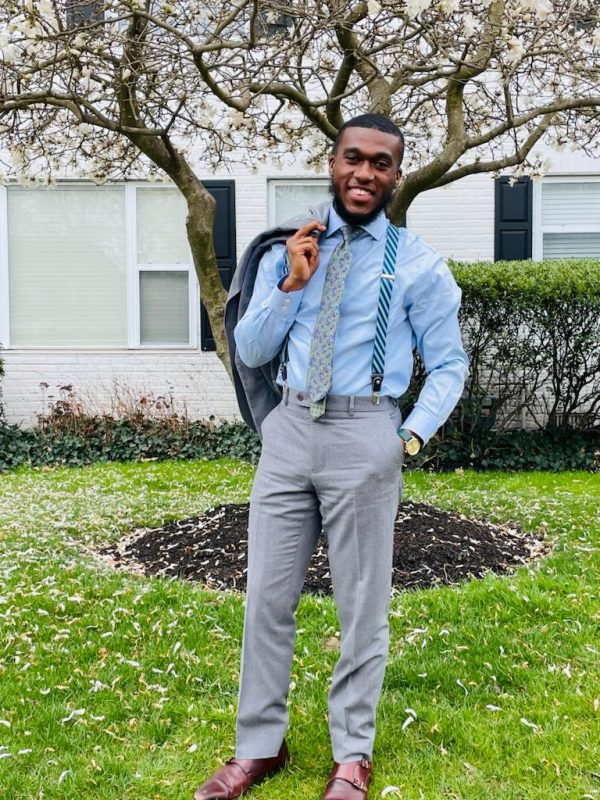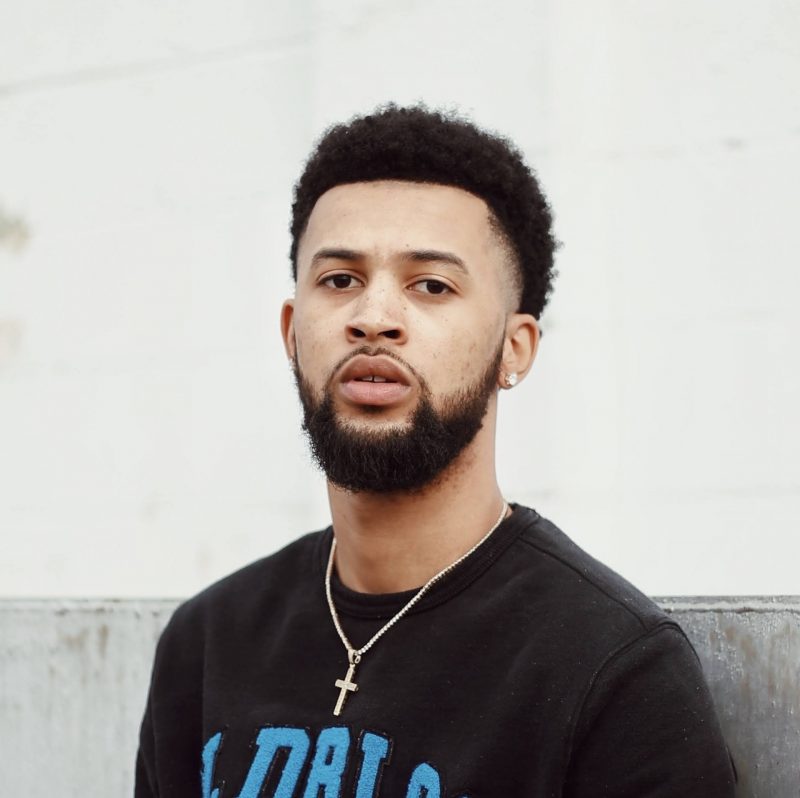Mental Health and Me: Personal Stories from Emerging Leaders
The mental and behavioral health crisis, long simmering but accelerated by the pandemic and other traumatic events, has underscored the urgent need to transform our systems—including healthcare and education— to provide more and better mental health treatment.
Late last year, New Profit announced that we were seeking organizations specifically focused on advancing equity in mental and behavioral health, including through upstream factors that affect both, and would provide up to 16 innovative systems-change leaders and nonprofit organizations with unrestricted investment, in-kind capacity building support, and participation in a peer learning community.
As part of our investment selection process, we listen closely and deeply to the experience and expertise of community members. In this round of investments, we invited young people to join the selection process by reading applications and joining the first round of interviews with the social entrepreneurs who applied to New Profit’s Mental Health Equity cohort. As young people navigating these issues, their guidance and insight informs our investments into organizations that are focused on creating change through behavioral and mental health care and services, as well as through programs that intentionally focus on non-medical drivers of behavioral and mental health including access to healthy food, jobs, housing, and social connection.
Below, these ‘emerging leaders’ share their stories to help us get closer to the role mental and behavioral health has played in their lives, and what’s possible when we collaborate across generations to learn from each other and build solutions together.
Ryan Blackwell:

As a 21-year-old, Black male born and raised in West Philadelphia, living here has made me aware of my mental health and the importance of protecting it, my peace and sanity. I attended private schools in a suburb outside of the city while being raised in a lower to middle-class neighborhood. It wasn’t all peachy throughout those 18-19 years. In order to navigate the cultural and socio-economic differences, I had to adapt a lot of code-switching to survive.
My academic and social journeys shared some consistent struggles as a neurodivergent learner. I realized at a young age that my brain didn’t process or function the same as others. On top of my unique learning style, being raised differently than the kids in my neighborhood made it hard for me to feel like I belonged. It was challenging navigating both worlds as I felt like I never truly fit in well with either. I can remember when I was in 5th grade. On a beautiful sunny day in May, we had a substitute teacher in English class. She was assisting me with some work. Being neurodiverse, it takes me a while to process information and instructions. I attempted to complete the tasks as best as possible that were put before me, and it wasn’t getting done. All I could remember was the laughs and jokes from my peers in the classroom at that moment. That moment is forever etched in my memory. I recall feeling a lot of intense emotions, so much so to the point that I exploded and yelled at every last one of them in that classroom for the terrible and disgusting way that I had been treated. Trying to hold back tears, I used all my might to ‘put them in place’ and to get them to see that, from my perspective, things aren’t easy. I wanted to do my best, but it was not easy for me.
I have a lot of painful memories being made fun of because of my learning style. It has caused me to question myself a lot and yearn to be ‘normal’. Why couldn’t I just get work done without hindrance? In my mind, I just kept thinking I was already a young Black male in a predominantly white private institution. It certainly has not always been easy. It’s made me appreciate the lives of many from all different backgrounds and walks of life because you never know what a person may be dealing with or facing mentally.
All of these instances played a key factor in my wellbeing, thinking and progression as a young Black male in America where the system wasn’t set up for us to succeed.
Looking back on those years, I realized I had a mindset that was not serving me well. I thought that everyone was out to get and no one was on my side. It wasn’t until years later that I realized people were on my side the whole time. I just needed guidance and to know what was good for me. My experiences of feeling like an outsider have allowed me to be more equipped to realize how vital inclusivity is. I am grateful that my experiences have instilled in me the passion to fight for others who are historically and systematically excluded from systems.
Kameron Jackson:

Mankind doesn’t agree on much, does it? We all have different views and purposes that may not align with others’ plans. And that’s okay. One thing we can all agree on is that mental health, and the way we choose to navigate through it, matters. It’s the only thing; no matter where you come from or your status in life, that affects us all.
Being an entrepreneur made me realize how important mental health is. In the work that I do, anxiety often lies heavily on me. Sometimes I’m in my head so much about the future, that I forget to live in the moment. What if I fail? Is this my purpose? What would others think? These thoughts may arise, but I rely on positive thinking and my ambition to see me through the storm. I learn I listen, and most importantly, I stand up for what I believe in.
At twenty-four years of age, I’m finally at a stage where I truly know who I am and what I will set out to become. Getting to this point wasn’t easy. I’ve battled with depression, loss, and fear of what’s to come. Through these setbacks, I learned to take a deep breath and appreciate all the good in my life. I consider my mind, gifts, and talents more powerful than my struggles, as should you.
Being in the right mindset, thinking positively, and having more wins than losses is rare. One must truly make their mental health a priority to obtain such peace. My world, like others, has been full of ups and downs. How I react affects every aspect of my life mentally, physically, and spiritually.
Kameron is a Charlotte-based fashion designer & entrepreneur who is using his craft to encourage his community to “stand up for what they believe in” to learn more, visit his website @ www.stoodup4u.com